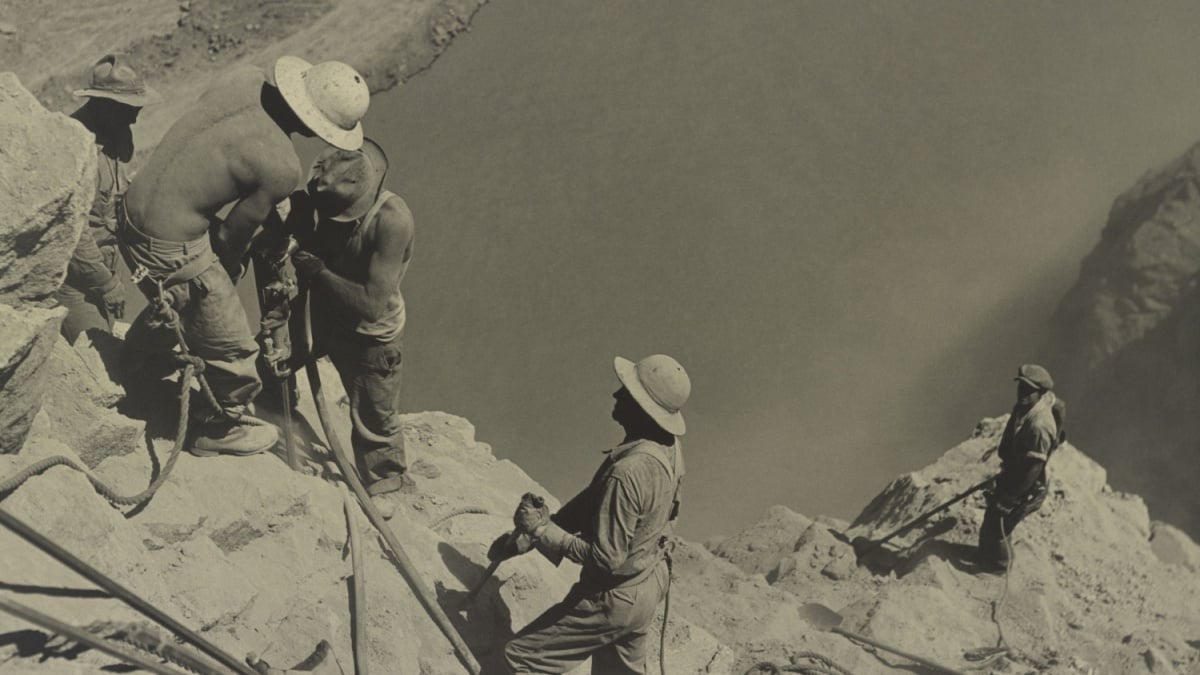Money might make the world go round, but it’s certainly not immune to change. The American money scene has seen its fair share of twists and turns, shaped by historical events and economic shifts that continue to impact how we handle and view our finances.
Here are six pivotal moments that reshaped the financial landscape, giving us a glimpse of how these game-changers have influenced our new money mindset.
The Great Depression (1929)
The Great Depression of 1929 stands as one of the most defining chapters in American financial history. It was marked by a stock market crash, widespread unemployment, and economic chaos that rocked the nation. This underscored the need for stricter financial oversight, paving the way for establishing the Securities and Exchange Commission (SEC) in 1934 to protect investors and uphold fair market practices.
The New Deal (1933-1938)
President Franklin D. Roosevelt introduced the New Deal, a series of programs and reforms aimed at jumpstarting economic recovery and aiding those hit hardest by the financial crisis brought about by the Great Depression. The New Deal brought about significant changes to the American financial system, including the creation of the Federal Deposit Insurance Corporation (FDIC) to safeguard bank deposits and the Securities Act of 1933 to regulate securities sales.
The Dot-Com Bubble (Late 1990s)
The late 1990s witnessed the rise of the dot-com bubble, a period of explosive growth and speculation in the tech sector that eventually burst in 2000. This bubble was a cautionary tale about the dangers of investing in high-growth industries without a solid foundation (one we don’t necessarily learn from as much as you might imagine), leading to increased scrutiny of tech companies and a focus on sustainable business practices. It also changed how investors viewed new technologies and influenced the tech industry’s future.
The Housing Market Crash (2008)
The housing market crash of 2008 sent shockwaves through the American financial landscape, triggering widespread foreclosures, and, despite it being localized to America, a global economic meltdown. The government implemented measures like the Troubled Asset Relief Program (TARP) and the Dodd-Frank Wall Street Reform and Consumer Protection Act to stabilize the financial system, but the housing market would never be the same.
The GameStop Short Squeeze (2021)
In early 2021, a swathe of individual investors on Reddit banded together to drive up GameStop’s stock price, a struggling video game retailer, in a coordinated effort to squeeze out hedge funds that had bet against the company. This short squeeze spotlighted the power of social media and retail investors in shaping stock values and challenging traditional Wall Street norms. And while not much came of it in the end, the effort brought how financial markets operate into the spotlight, leading to a push for greater transparency and accountability.
The COVID-19 Pandemic (2020)
The onset of the COVID-19 pandemic in 2020 triggered widespread economic upheaval and market volatility across the world. It accelerated trends like remote work, digital payments, and e-commerce, ushering in a new era of business operations and personal financial management. The pandemic also brought about an unprecedented amount of government aid, including stimulus packages and relief programs, to aid individuals and businesses through turbulent times.
Read More:
- 30 Ways To Get Free Stuff (That Aren’t Scams)
- 12 Best Coupon Apps of 2024
- 13 Ways To Earn Money From Paid Surveys [At Home, Online & More]

